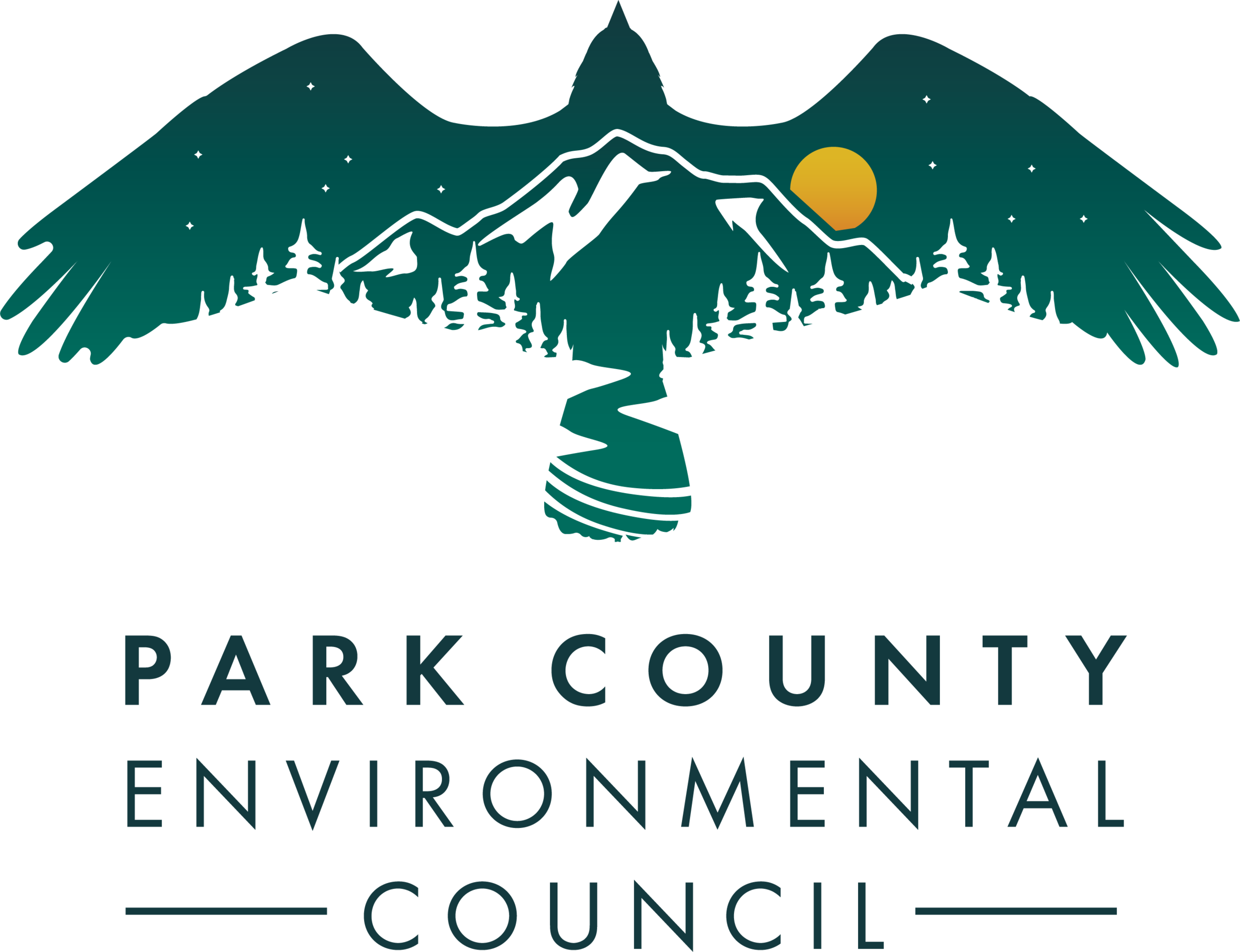A Thanksgiving message from all of us at PCEC
A rafter of turkeys roams in Paradise Valley.
This Thanksgiving, in a difficult year where many of us aren’t seeing those we love, we at PCEC wanted to express gratitude for our community, our people and our place.
As we continue to reflect on this place, as we did at the recent Rendezvous, we encourage you to look deeper into the historical accounts of what this day symbolizes, and what this history means to all our residents and all people who have called this land home. We also encourage you to uncover the many ways of celebrating gratitude and thanks across cultures and might provide more meaning on this holiday.
Abraham Lincoln declared Thanksgiving a holiday during the Civil War, with the idea of creating unity and celebrating heritage during a divided time. The interpretation of the holiday continues to evolve and is likely drastically different than the Thanksgiving dinner in 1621 we have been told so much about. It may have happened, but it was not necessarily why the holiday was made.
There is still meaning in the holiday celebrated by all, but the balance is difficult. Yet we can turn towards the many things that fill us with gratitude and joy.
At PCEC, we embrace practicing gratitude everyday of the year and make giving thanks and acknowledgement of the land we get to steward as part of our culture.
We’re grateful for this beautiful place we call home, with clean air and diverse forests. We’re grateful we live in a place where a moose can be in our backyard and for those that dedicate their lives as the caretakers and caregivers of this land.
We’re thankful everyday for our community. For the neighbors, the businesses, the service of civil leaders no matter what party, and for the friends that help us get through it all. We’re grateful for those who share a common vision and support us so we can continue the work toward something better. And we are grateful for the responsibilities we have, and the decisions we make that impact the seven generations into the future.
We are thankful for the indegenous knowledge and world views that we can draw upon, to help navigate some of our ecological and social crises. That we have an opportunity to uncover the rich history that is often not in our textbooks and to partner across cultures and communities, working towards a shared vision of inclusivity and collective healing. We’re grateful for the people that came together to change Columbus Day to Indegenous People’s Day in Livingston.
We’re grateful for the internal work we have embarked on this year, to learn about the rich cultural history of the First Nation peoples, and the opportunity to learn from the Absaalooke peoples who have stewarded this land thousands of years before us and continue to do so.
However, there is another story, where giving thanks and recognizing our responsibility as the caretakers of this land is practiced everyday. And the responsibility of elevating the history and voices that are traditionally repressed.
Thanks can be practiced on a summer hike in a high-elevation field of wildflowers, or after catching a cutthroat trout in a cold stream. It can be practiced when we start to feel our toes again after a long winter ski, or when we pick the first tomatoes off the vine. Thanks can be given every time we enter Paradise Valley and see Emigrant Peak towering over the Yellowstone River, and when we’re picking up the apples in the yard, so we don’t have a bear visit. It can be practiced when we see a herd of elk grazing at Dome Mountain Ranch and for the healthy grasses and open lands they have to roam. It can be practiced when we see a bumblebee land in our garden and for the rains and snow storms when they come. It can be practiced when the wind dies down, and when the wind blows strong to cleanse our air. Thanks can be given when the alpenglow illuminates Livingston Peak, and can be practiced when we’re walking down Main Street and see our neighbor.
Join us in embracing the time off, to reflect, to say thanks, and to continue to better ourselves and our community.

